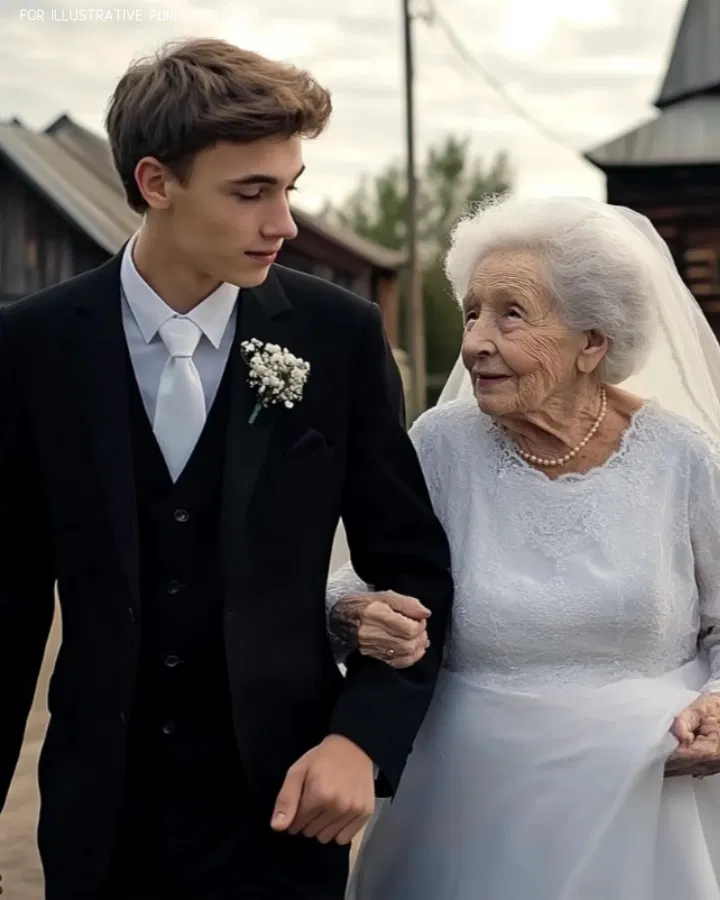Phil Donahue, a transformative figure in the history of television, has passed away, leaving behind a legacy that has shaped the world of daytime talk shows as we know them.
Born in 1935, Donahue began his career in media during the late 1950s, working as a local reporter in his home state of Ohio. But it was his groundbreaking work as the host of his eponymous talk show, “The Phil Donahue Show”—later simply known as “Donahue”—that cemented his place in television history.

Launching his talk show in 1967 on a local NBC affiliate in Dayton, Ohio, Donahue quickly became known for his fearless approach to covering controversial and sensitive topics. Whether it was addressing child abuse within the Catholic Church or giving a platform to the former grand wizard of the Ku Klux Klan, Donahue was unafraid to tackle subjects that others in the industry shied away from.
One of the most significant innovations Donahue brought to television was involving the audience directly in the show. In what started as an accidental experiment, Donahue stepped out into the audience one day and allowed them to ask questions directly to the guests. This format was so successful that it became a hallmark of the show and a standard for future daytime talk shows.

Phil Donahue’s influence extended far beyond his own show. He paved the way for future television giants like Oprah Winfrey and Sally Jesse Raphael, influencing a generation of talk show hosts who followed in his footsteps.
His contributions to television were recognized with 20 Emmy Awards, and more recently, he was awarded the Presidential Medal of Freedom by President Joe Biden—a testament to the impact he had on American media and culture.



